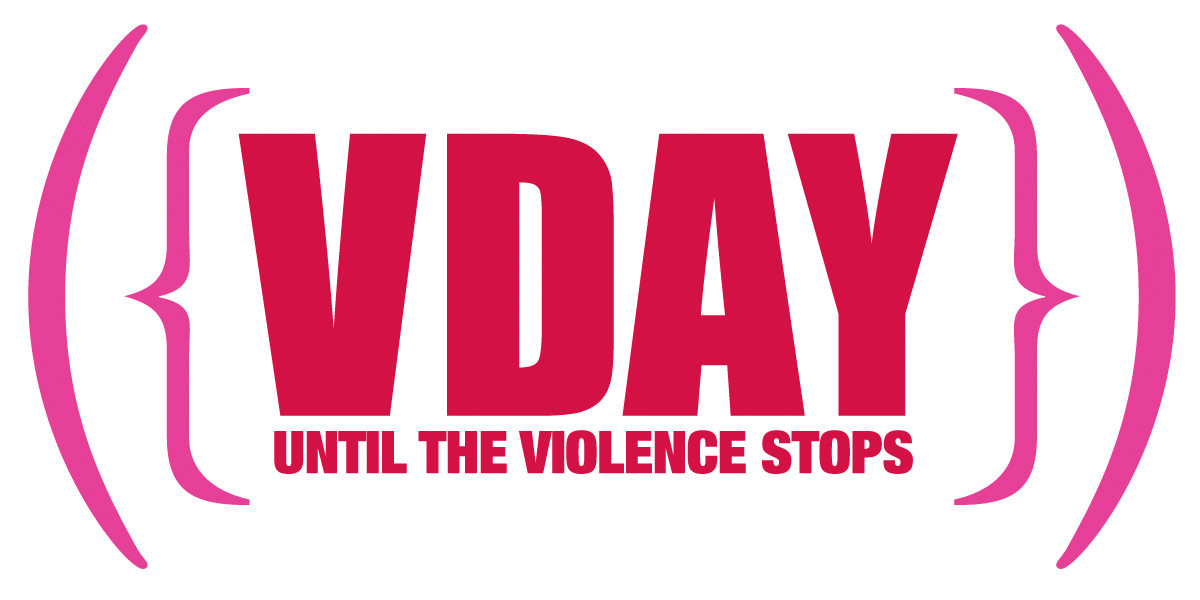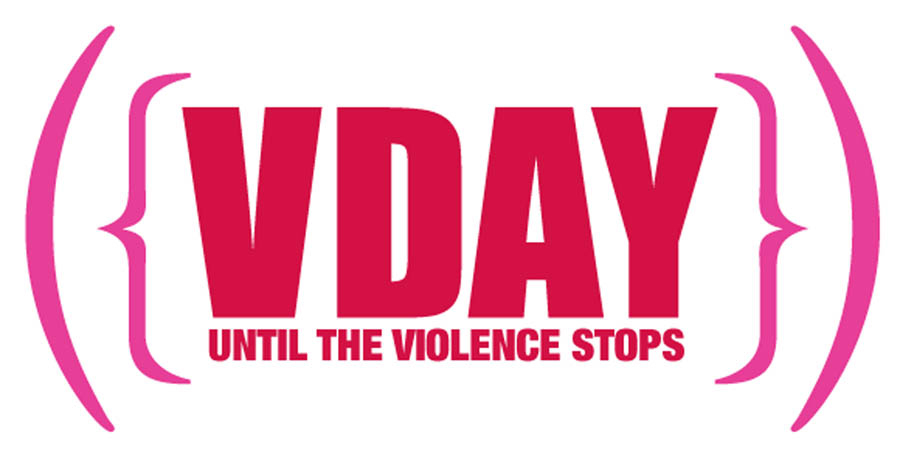
2005 SPOTLIGHT: Women of Iraq

Since the US occupation and regime change in Iraq, women have lost more freedom than they’ve gained.
Incidents of rape and abduction by organized gangs has increased fear of sexual violence in Baghdad, deterring women from returning to work or seeking employment and families from permitting their daughters to go to school. Victims refrain from contacting the police or hospitals, for fear of being killed for bringing shame on family honor. Armed conservative religious groups are pressuring schools and workplaces to require women and girls to wear the veil under threat of acid attack or abduction. Girls enrollment and attendance is on a steep dive across the country.
Of the only four women members of Iraq’s former Governing Council and interim Cabinet, two faced assassination attempts – Aquila al Hashimi was killed, while Nasreen Mustafa al-Burwari survived though her three bodyguards died. Upon helping the fight against the introduction of Sharia law to replace existing secular family law that protects women’s rights, a Kurdish leader of a women’s organization in Arbil was attacked by her own brothers. Heeding conservative religious protests, US military indefinitely postponed the swearing-in of the first woman in Najaf to be appointed a judge. Lack of jobs and security for women in general has forced some to resort to prostitution, at grave risk of an honor killing.
Even under these conditions there are a few beacons of change and hope. Several Iraqi women’s organizations are braving the hostile climate and death threats to demand women’s representation in public bodies and are working to protect women’s lives in private, helping shield them from honor killings.
With your help, we anticipate that our 2005 Spotlight: Women of Iraq, Under Siege will help effect real change in the violent conditions for women and girls in that city.
For additional information on the current status of women in Iraq, visit:
Background on The Organization of Women’s Freedom in Iraq (OWFI)
https://www.vday.org/contents/vcampaigns/spotlight/iraq/owfi
Stolen Away: Stopping Women’s Trafficking in Post-War Iraq (TIME, April 23, 2006)
https://www.vday.org/contents/vday/press/media/0604231
UN Reports that Afghanistan Could Easily Slip Back Into Chaos (Feminist Daily News Wire, February 22, 2005)
https://www.vday.org/contents/vday/press/media/0502222
Letters from Iraq (from the Diary of Yanar Mohammad): Enjoying our Post-election Democracies in Iraq
https://www.vday.org/contents/vcampaigns/spotlight/iraq/mohammad1
”A rash of unpunished honor killings highlights the harrowing dangers females face in the new Iraq” Vivienne Walk July 26, 2004 Time (time.com)
https://www.vday.org/contents/vday/press/media/0407231
”Shielding Women From a Renewal of Domestic Violence” Sabrina Tavernise October 14, 2004 The New York Times (nytimes.com)
https://www.vday.org/contents/vday/press/media/0410151
http://www.nytimes.com/2004/10/14/international/middleeast/14shelter.html?pagewanted=2&adxnnl=0&oref=login&adxnnlx=1097852686-DN+0wWeicFvGk7oZ4W4VNw
Leading Iraqi Feminist Yanar Mohammed On the Role Of Women in Occupied Iraq December 30, 2003 Democracy Now (democracynow.org)
http://www.democracynow.org/article.pl?sid=03/12/30/1442256&mode=thread&tid=25
“An Empty Sort of Freedom” Houzan Mahmond March 8, 2004 The Guardian (UK) (Gaurdian.co.uk)
http://www.guardian.co.uk/comment/story/0,,1164268,00.html
”Iraqi women Struggle to be heard” Kim Ghattas August 18, 2003 BBC (bbc.co.uk)
http://news.bbc.co.uk/1/hi/world/middle_east/3154375.stm
Iraq: Violence against women increases sharply. Amnesty International News (amnesty.org)
http://news.amnesty.org/index/ENGMDE14310320042004
Organization For Women’s Freedom In Iraq
http://www.equalityiniraq.com/
“Background on Women’s Status in Iraq Prior to the Fall of the Saddam Hussein Government” November, 2003
http://www.hrw.org/backgrounder/wrd/iraq-women.htm
Background: Women in Iraq
Women in Iraq have for many years benefited from one of the most modern and permissive societies in the Middle East. Upper class women began to enter the countrys job market in the 1920s and 1930s. Progressive political movements took hold during the 1950s and 1960s, and women demanded civil rights in 1958 after demonstrations. In 1963, the Baath regime came to power, leading the way to Saddam Husseins dictatorship. However, among the Baath party goals was liberation of women. In 1970, the Iraqi constitution declared all women and men equal before the law. Compulsory education through age 16 enabled women in Iraq to become the most educated and professional in the region and working outside the home became the norm. Iraqi mothers received generous maternity leave and in 1980 women could vote and run for election. In the early 80s, women made up 40 percent of the nations work force. The Unified Labor Code called for equal pay, benefits and promotions for men and women. In 1989, 27 women were elected to Iraqs 250-seat National Assembly, according to the Washington Report.
After the 1990 invasion of Kuwait and the subsequent Gulf War, womens progress halted. UN sanctions were painful to Iraqi women and children in particular. 1.5 million, died, including 500,000 babies as a direct result of economic sanctions. Mere survival became increasingly difficult for women who once enjoyed relative economic stability. Simultaneously, in an effort to gain support of other Arab countries, Saddam Hussein allowed a shift toward observance of Islamic Sharia, and he gave tribal leaders freedom to act upon traditional tribal codes. The results were lethal to women. In 1990, Saddam Hussein amended a law allowing honor killings without penalty; men who killed female relatives for arguing with their husbands, for adultery, or for having been raped, were exempt from punishment. By 2002, the UN Special Rapporteur on Violence Against Women reported that over 4,000 Iraqi women had been killed for hurting their familys reputation.
In addition, female literacy dropped sharply, some estimate 50 percent, in those Post-Gulf war years, more than 35 percent of girls abandoned formal education before completing primary school. Childcare, education and transportation became prohibitively expensive. Saddam Hussein prohibited women from finishing post graduate studies abroad, scholarships were disallowed and women were not allowed to travel without a man. Misogyny became ritualized and politically systematic, as the line between politics and religion blurred. The regime systematically used rape as torture, albeit behind closed doors.
Perhaps the most public and heinous instance of violence against women occurred October of 2000, dozens of women (some say 200) accused of prostitution were beheaded publicly without any judicial process. Witnesses say that some victims were accused for political reasons, according to Amnesty International.
Since the United States began its bombing campaign of shock and awe, Iraqi women are as fearful as ever before. Criminal gangs allegedly roam the streets, women have not only lost basic liberties, they have lost fundamental security. According to Yanar Mohammed, more than 400 women have been abducted since the war began. Iraqi women fear for their lives, and those of their children.
Mohammed and others working with Organization of Womens freedom in Iraq are working not only toward physical security they are working on opening another womens shelter they are planning to help women develop job skills, and to offer legal services. (two examples of honor killings one that yanars group prevented, one they couldnt prevent..)
– V-Day Special Representative Hibaaq Osman
October 2003



